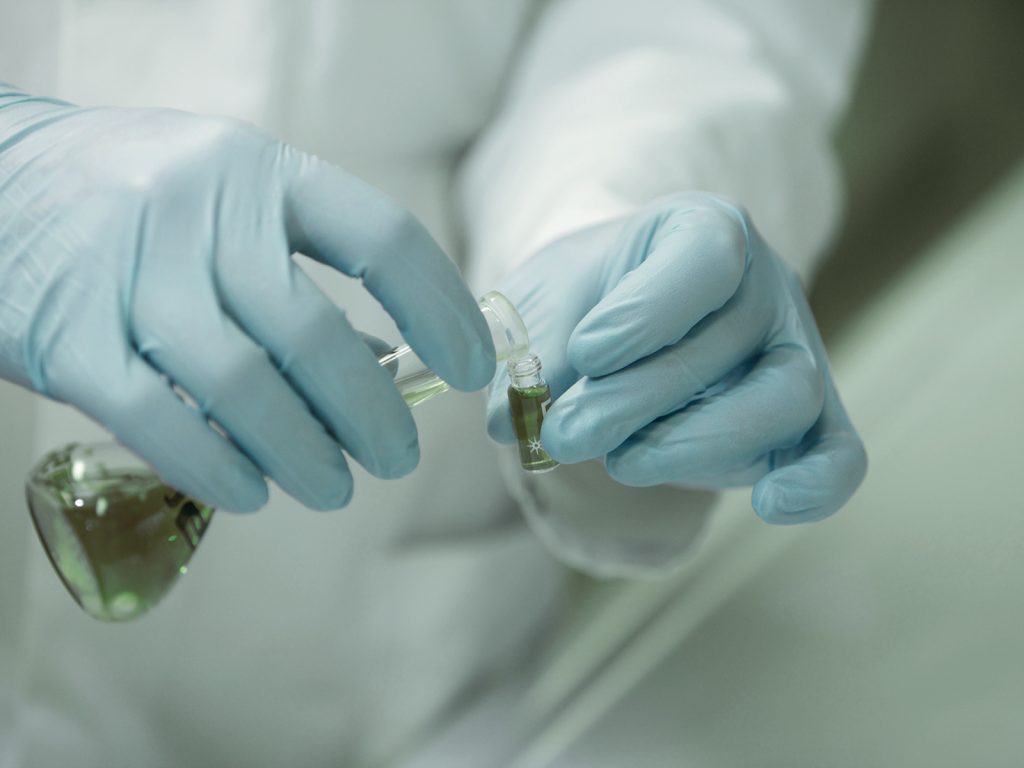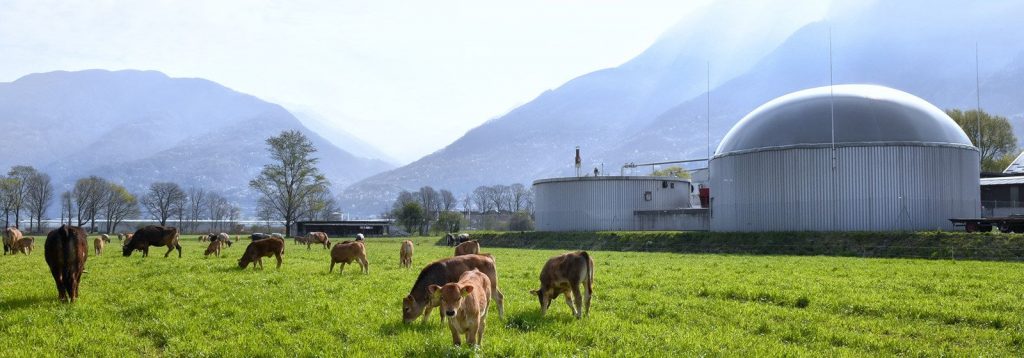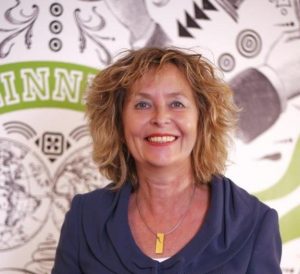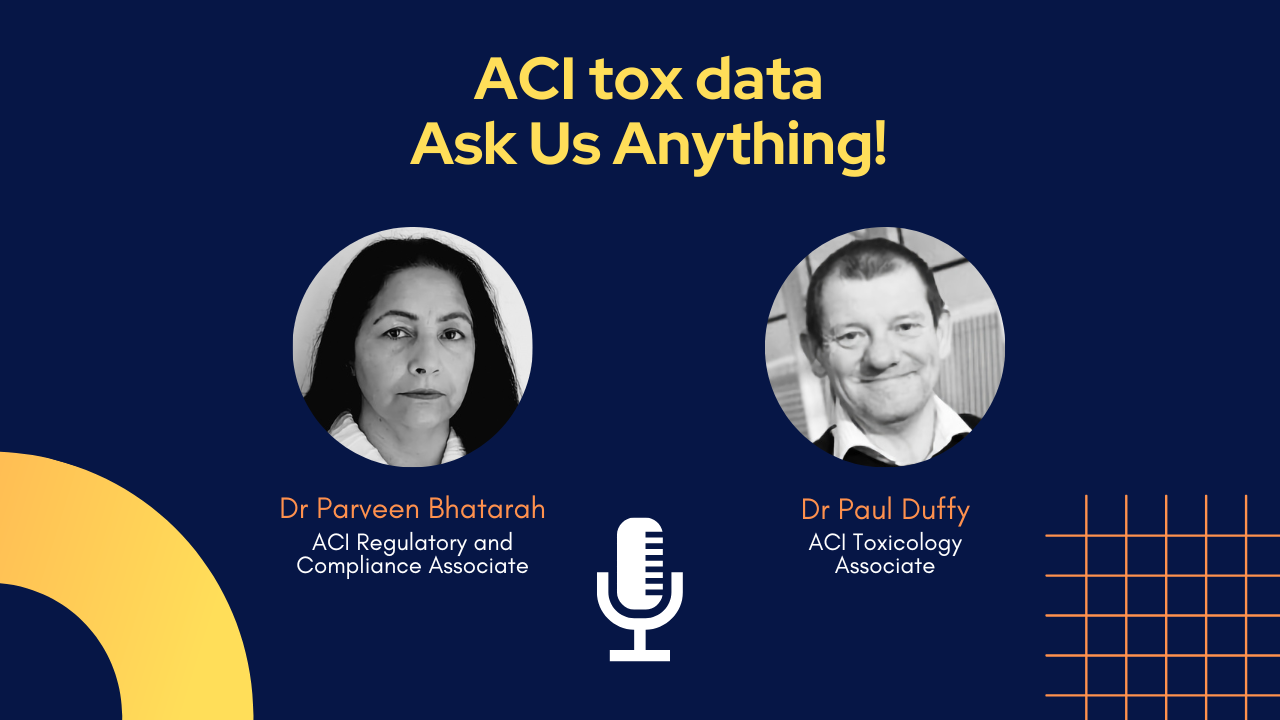It’s not often you come across a company in the CBD world that has four decades of history. Susanne Caspar, Chief Executive of Linnea talks about succeeding in the botanical ingredients business and opening the doors to cannabinoids.
Located in Switzerland, Linnea has been delivering botanical ingredients to the pharmaceutical, food and cosmetic industries across Europe and further afield for four decades.
You have probably heard of or even used some of the botanicals they work with like Butylscopolamine, the active ingredient in products like Buscopan.
“We mainly work with the pharmaceutical industry. We only produce about 10 specialist ingredients. It’s a selection of pure, high quality, trusted, botanical extracts for natural solutions,” Susanne explains.
Gingko Biloba is another plant extract which Linnea works with. Native to China, Gingko is said to help slow down the progression of memory loss disorders, such as dementia.
Red Clover, used in non-hormonal menopause therapies, is yet another plant derivative Linnea supplies to the pharmaceutical industry.
Now, following years of success with these ingredients and others, Susanne and the team are expanding their operations to include therapeutic cannabinoids like CBD and CBG.
In a similar model to its traditional, plant-derived ingredients, the company manufactures natural cannabinoids at its GMP-certified headquarters in Switzerland for the global pharmaceutical, food and cosmetic industries.

Susanne says it’s important that Linnea’s cannabinoids are of the same pharmaceutical standards as the other ingredients the company offers.
“In 2016 we decided that since we have this vast experience, we could go into the cannabis area using our knowledge of the pharmaceutical market, and go in the same direction with cannabinoids.
“We use our experience from the field of producing GMP extracts like Butylscopolamine, which we have been working with for 30 years.”
Chief executive at Linnea for two years, Susanne adds that she sees many start-ups in the cannabinoid space who lack the knowledge and guidance needed to operate within the pharmaceutical market.
She says, “We have seen that there are a lot of start-ups in this market and they have a lot of questions. Normally with the companies we work with in the pharmaceutical area, they wouldn’t ask such questions because for them, it’s clear – these are the pharmaceutical regulations.”
“But in CBD, we have all of these start-ups and they really need to focus on quality. They need to understand the regulations, if they would like to enter the pharmaceutical market.”
The CEO explains that unlike most CBD manufacturers, Linnea is governed by Swissmedic, Switzerland’s national authority for drugs and medical products, similar to the UK’s Medicines and Healthcare products Regulatory Agency (MHRA).
“We are controlled by Swissmedic, the health authority in Switzerland, so we really are at the top of the pharmaceutical level and that’s not something many people in the cannabinoid field can say.”
With 10 specialist ingredients and 40 years in business, what has been the key to Linnea’s longstanding success? Susanne believes it comes down to respect, and offering unbeatable quality for the end-user.
“Our mission is to improve quality of life by manufacturing and supplying great natural solutions worldwide, while doing business responsibly. We are working with respect to the environment, to our local community, and have the utmost respect for our clients.
“We always respect the rules in the pharmaceutical space, even if we produce for food or if we produce for cosmetics, we believe that product must have the highest quality possible to be the best for the client in the end.”
In addition to focusing on the natural, rather than synthetics, Susanne credits the company’s approach to data for its success over the years.
“A lot of companies are trying to get some pharmaceutical registration, and novel foods, where they need really high quality botanical extracts that are safe, effective and standardised.
“They’re looking for a company like ours, because we have the quality, we have the necessary documentation, we have a drug master file, and we have stability data. For some of our extracts, we have stability data for up to 48 months. So we have a really good data set, which is what is needed and our clients really appreciate that.”
So, what’s the plan when it comes to Linnea’s future in cannabinoid extracts?
“We have a CBD isolate currently in use in Brazil and Latin America. We also have a CBD cream formulation for the cosmetics market. In Australia, our customers are using our ingredients for formulation in products for pain management. There has been some information about THC and the fast acting results in pain therapy and CBD can potentially also have long term effects in pain therapy.”
Linnea currently offers CBD in full spectrum extract and isolate forms, and the company is also replicating this for Cannabigerol (CBG) at its GMP-certified facility.
Linnea had their UK Novel Foods application validated in spring 2022. The company is now on a path towards market authorisation, and joined the Association for the Cannabinoid Industry in April. In doing so, it joined the ACI’s Novel Foods Consortium. This allowed Susanne’s team to benefit from the consortium’s toxicology data, in addition to their own, commissioned in line with the FSA’s standard requirements.

Linnea leads on respecting the environment with ‘green spirit’
As Susanne hinted, sustainability is a company-wide priority for Linnea, with green measures applied throughout the entire manufacturing process. The company jointly owns a biogas installation with local farmers in the Swiss canton of Ticino. Here, any raw materials that remain after the extraction process are returned to nature.
The result is a sustainable closed-loop system that recycles vegetable waste, with impressive results:
- 2,500,000 Kw of clean energy produced, providing electricity to the public power grid and heat to the neighbouring district’s heating network
- Energy supplied to meet the electrical power needs of about 250 households
- The digested waste (digestate), which is of a quality far superior to the raw fertiliser (manure and sewage) used to fuel the installation, is then used as natural fertiliser for Ticino farm crops.
Read more about cannabinoids here.





